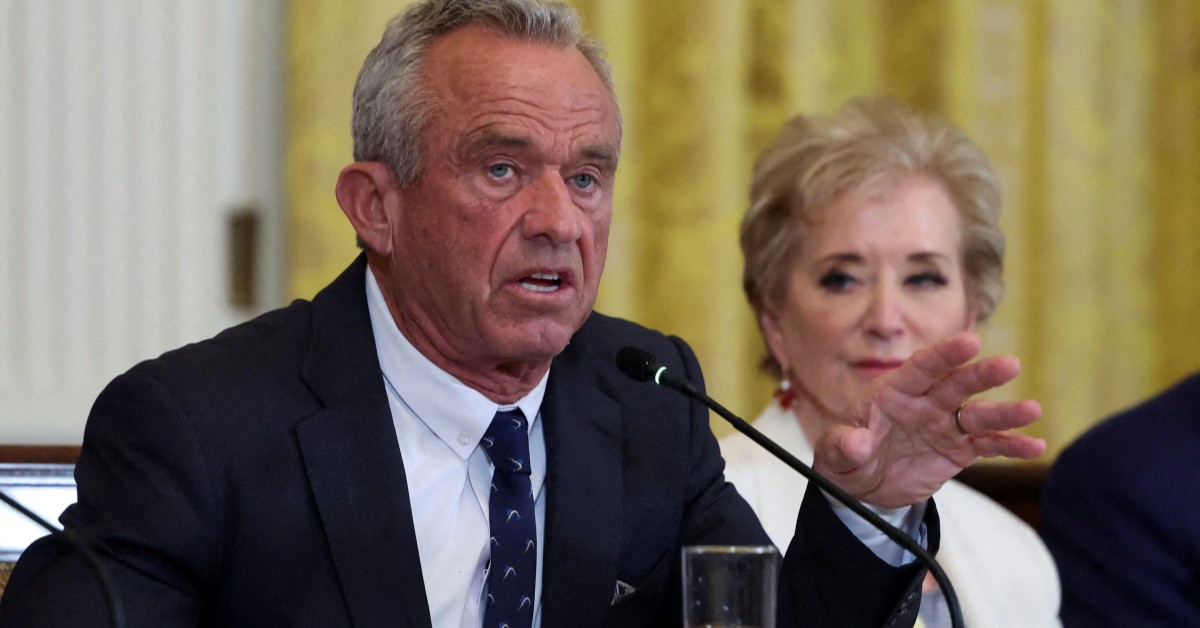
USA. – The US Department of Health and Human Services (HHS) is looking into new ways to approve drugs for rare diseases quickly.
This comes as Health Secretary Robert F. Kennedy Jr. (RFK Jr.) openly criticized the current US healthcare system, claiming it profits from keeping people on long-term treatments rather than finding cures.
“We are going to continue to figure out new ways of accelerating approvals for rare disease drugs and treatments. We are going to make this country the hub of biotechnology innovation,” RFK Jr. said on June 5 during a meeting at the US Food and Drug Administration (FDA) focusing on cell and gene therapies.
Experts in cell and gene therapy, industry leaders, and heads of US health agencies attended the discussion. Cell and gene therapies are a big step forward for some rare diseases because many of them are one-time treatments.
These therapies can offer long-lasting and sometimes even permanent solutions for certain conditions. However, getting these treatments approved can be complicated because they are often very expensive, and there’s an ongoing debate about their benefits versus their risks.
RFK Jr. did not question the importance of these therapies and agreed with the experts’ calls for faster approval processes.
“We’re going to do everything in our power to sweep away the barriers from getting those solutions to market,” the health secretary stated.
Following the news, shares in companies specializing in cell and gene therapy saw a rise in stock value on June 5.
For instance, Sarepta Therapeutics, which makes the gene therapy Elevidys for Duchenne muscular dystrophy, saw its shares go up by 1.79% before the market opened on June 6.
RFK Jr. also mentioned that money saved from recent budget cuts across the HHS would be used to “spawn, foster, and fortify innovation.” This is to ensure the US remains a leader in drug development and doesn’t fall behind other countries.
In one of the more passionate remarks from the meeting, RFK Jr. stated: “At every level, doctors, other providers, our hospitals, the pharmaceutical companies, the insurance companies, all make money by keeping us sick. We need to fundamentally change that so that we are focusing on curing disease and making people better.”
Challenges with scaling and cost
Also present at the meeting was Dr. Jay Bhattacharya, director of the National Institutes of Health (NIH), which traditionally funds the most biomedical research globally.
Dr. Bhattacharya focused his comments on sickle cell anemia. While he didn’t name specific drugs, he was referring to the two FDA-approved treatments for this blood disorder: Casgevy from Vertex Pharmaceuticals and Lyfgenia from bluebird bio.
“I never imagined in my lifetime we’d have the capacity to cure sickle cell anemia,” Dr. Bhattacharya commented.
However, Dr. Bhattacharya also brought up the difficulty of making cell and gene therapy products available on a large scale – an area he wants to see improved.
“The challenge is how do we make these advances scalable and affordable,” the NIH director explained.
He noted that while these treatments often cost millions of dollars, they can be financially acceptable over a patient’s lifetime compared to the ongoing costs of managing the disease.
“It will take a regulatory framework that makes sure that the [therapies] that do advance for patient care are the ones that are actually safe and have excellent evidence behind them,” he added.
XRP HEALTHCARE L.L.C | License Number: 2312867.01 | Dubai | © Copyright 2025 | All Rights Reserved